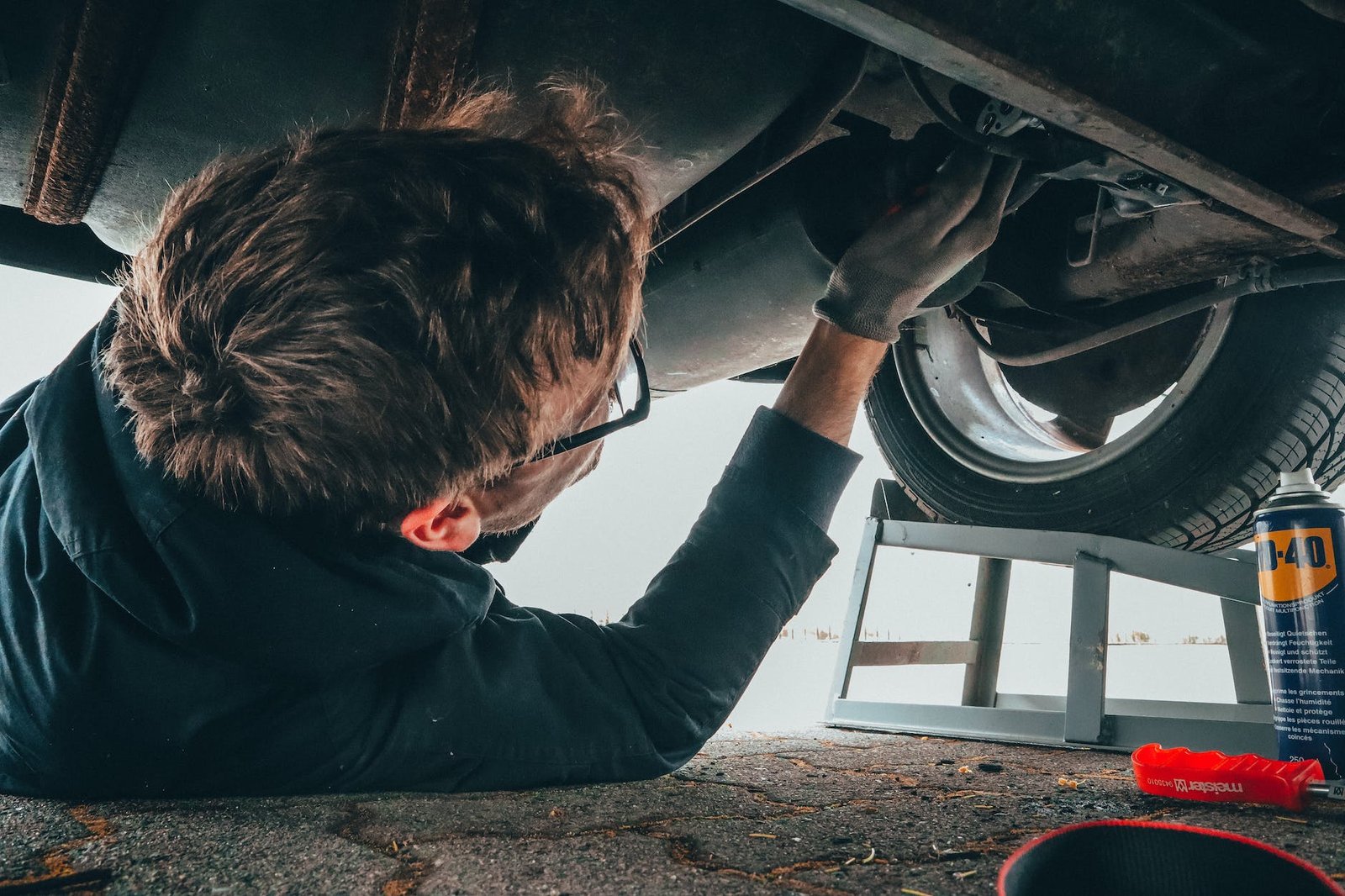
In today’s digital age, having a website is essential for any business that wants to succeed. However, simply having a website is not enough. Your website needs to be optimised for search engines in order to reach a wider audience and drive traffic to your site. This is where on-page SEO comes in. In this article, we will explore what on-page SEO is and how you can optimise your website for search engines.
What is on-page SEO?
On-page SEO refers to the optimisation of elements on your website in order to improve its visibility on search engines. This includes things like the content on your website, the HTML code, and the structure of your website. On-page SEO is important because it helps search engines understand what your website is about and how relevant it is to a particular search query.
How to optimise your website for on-page SEO
- Conduct keyword research: Before you begin optimising your website, you need to know what keywords you want to target. Use tools like Google Keyword Planner or SEMrush to identify relevant keywords that your target audience is searching for.
- Optimise your page titles and meta descriptions: Your page titles and meta descriptions are important for both users and search engines. Include your target keywords in your titles and meta descriptions to help search engines understand what your page is about.
- Use header tags: Header tags (H1, H2, H3, etc.) help to structure your content and make it easier for search engines to understand what your page is about. Use your target keywords in your header tags to further optimise your page.
- Optimise your images: Images are an important part of any website, but they can also slow down your site if they are not optimised properly. Use descriptive file names and alt text for your images to help search engines understand what they are about.
- Make your website mobile-friendly: With more and more users accessing websites on their mobile devices, it is important that your website is mobile-friendly. Use responsive design to ensure that your website looks good and functions well on any device.
Why is on-page SEO important?
On-page SEO is important because it helps search engines understand what your website is about and how relevant it is to a particular search query. By optimising your website for on-page SEO, you can improve your website’s visibility on search engines and drive more traffic to your site. This can ultimately lead to more leads, sales, and revenue for your business.
Conclusion
In conclusion, on-page SEO is an essential part of any digital marketing strategy. By optimising your website for search engines, you can improve its visibility, reach a wider audience, and ultimately drive more traffic to your site. Follow the tips outlined in this article to get started with on-page SEO and take your website to the next level. And if you need help with your on-page SEO or any other web development needs, don’t hesitate to book a meeting with a freelance web developer today.
Book a Chat
Search
Other Articles

Website Redesign: When and How to Revamp Your Website for Better Results

On-page SEO: How to Optimise Your Website for Search Engines

How to Choose the Right Web Hosting for Your Business

Website Maintenance: Why it’s Important and How to Do it Right

UX Design: How to Improve Your Website’s User Experience

Content Marketing for E-Commerce: How to Create Content that Converts


